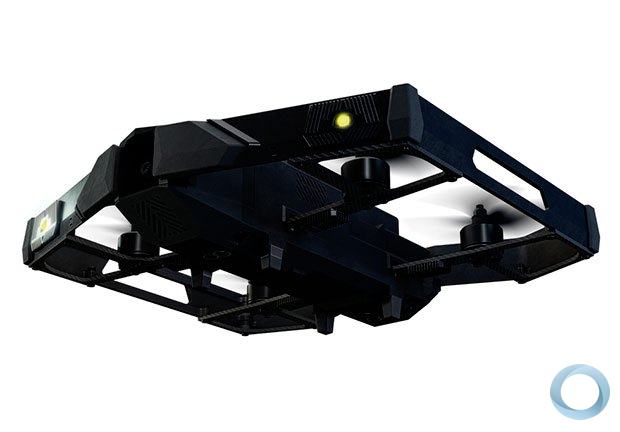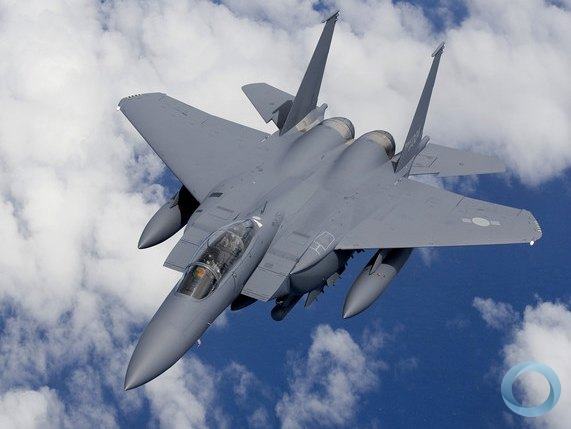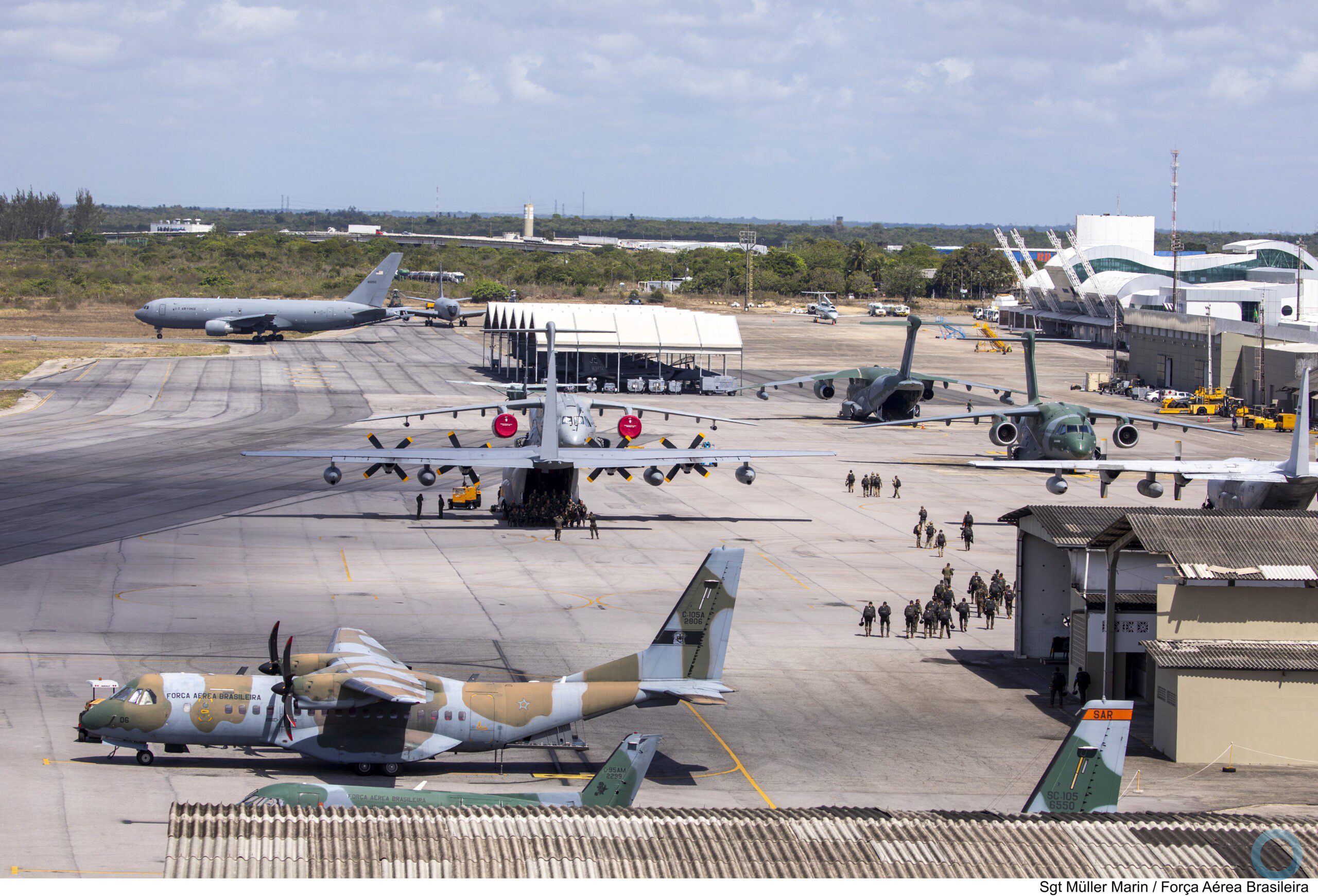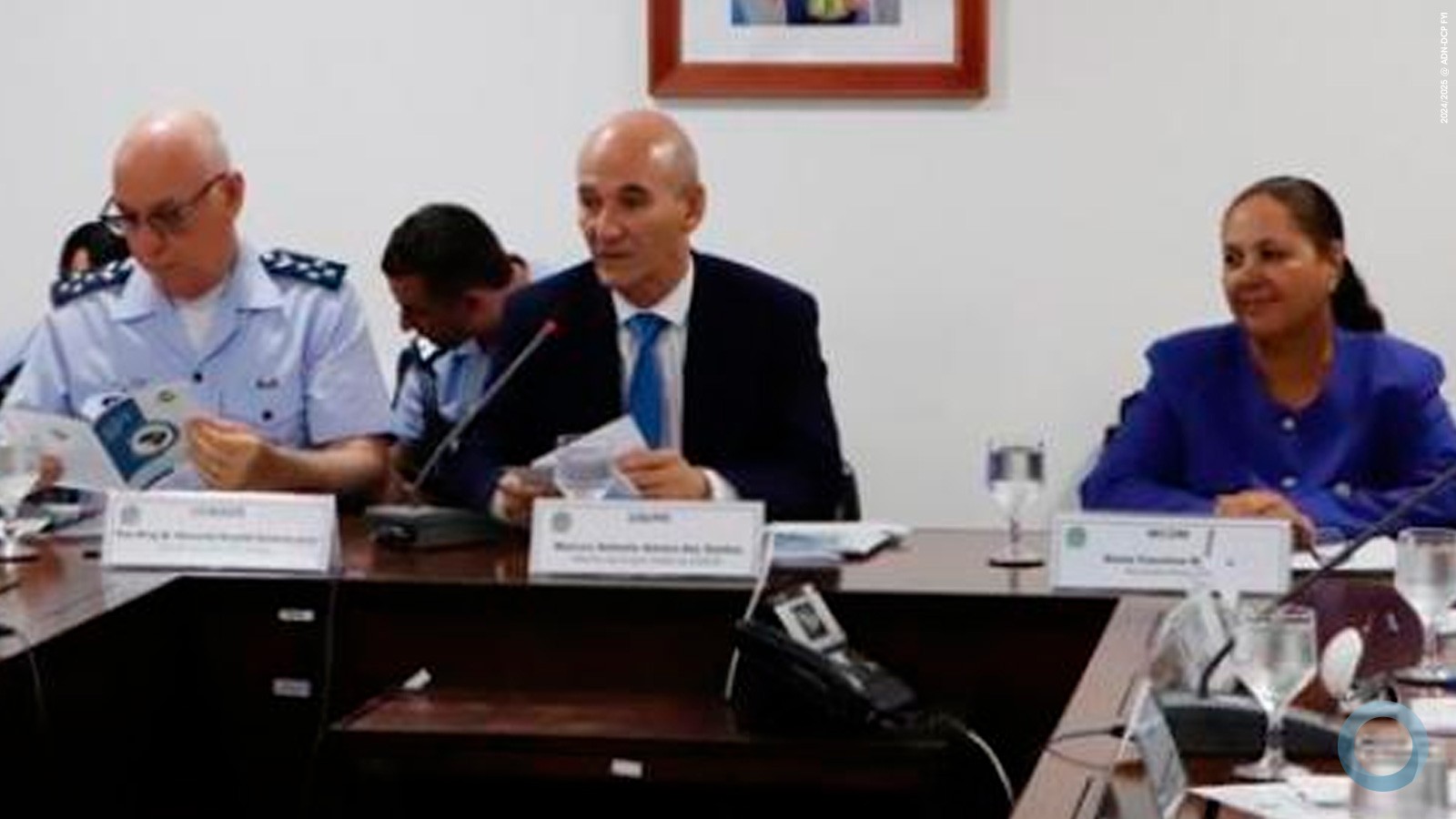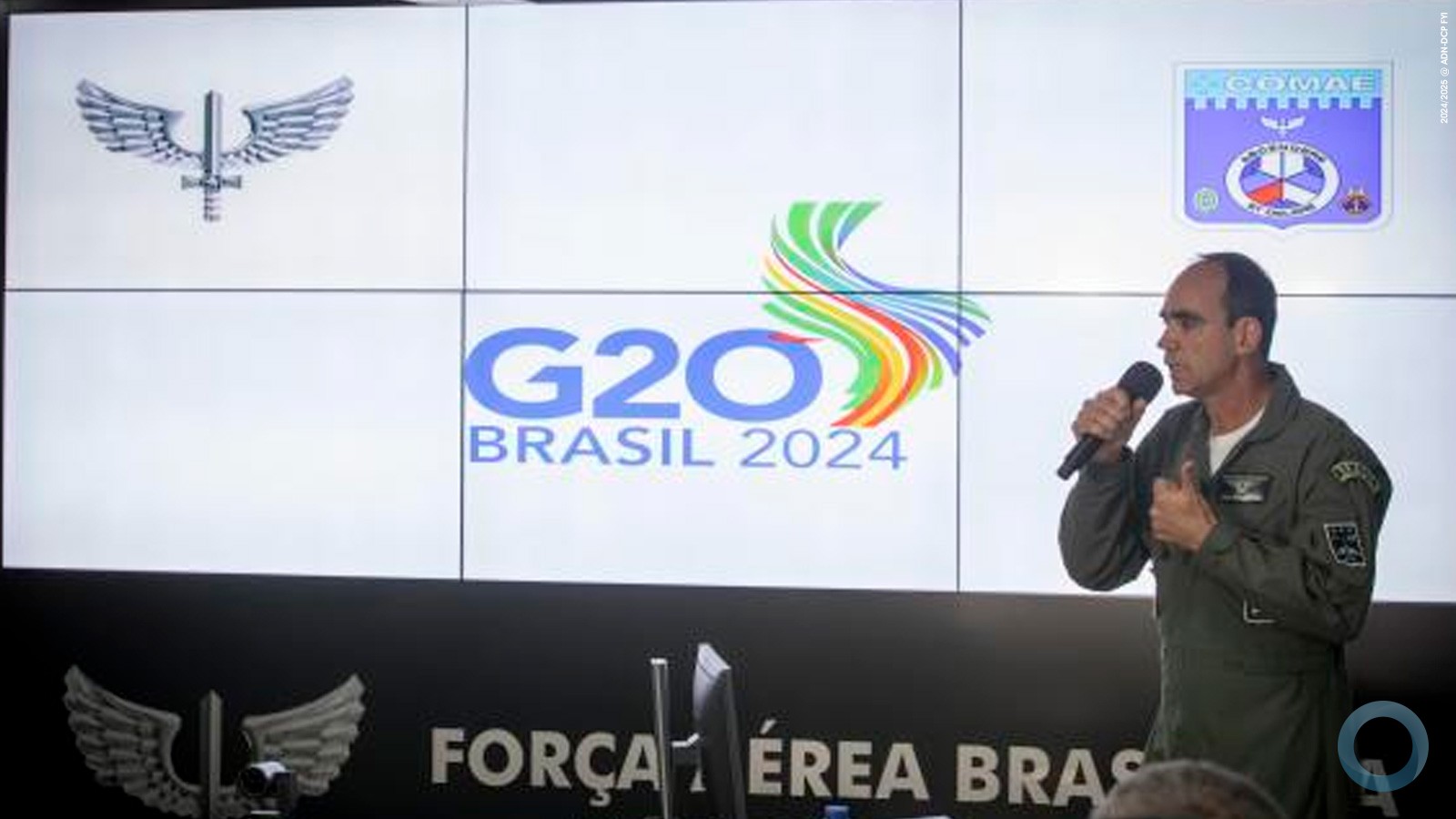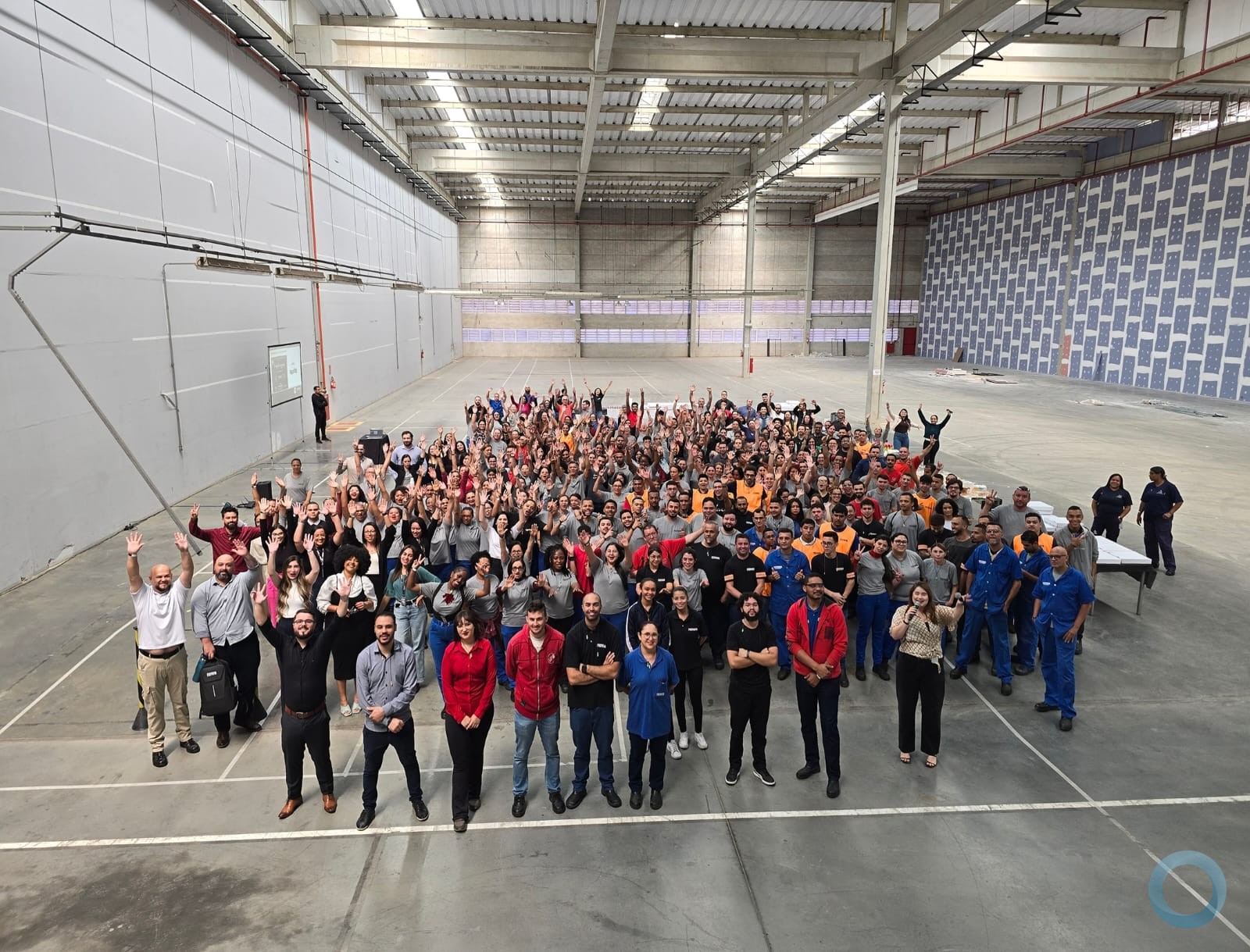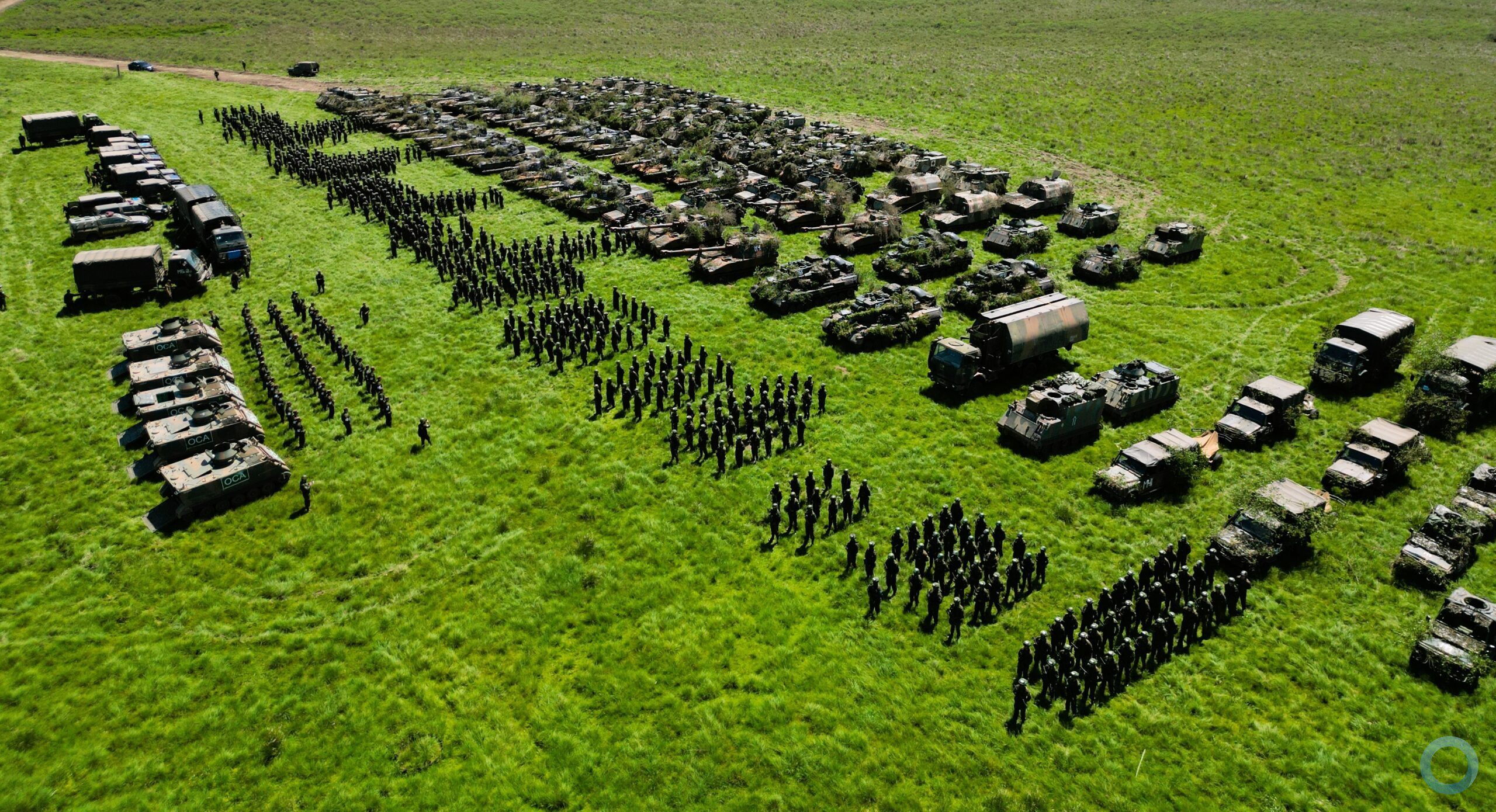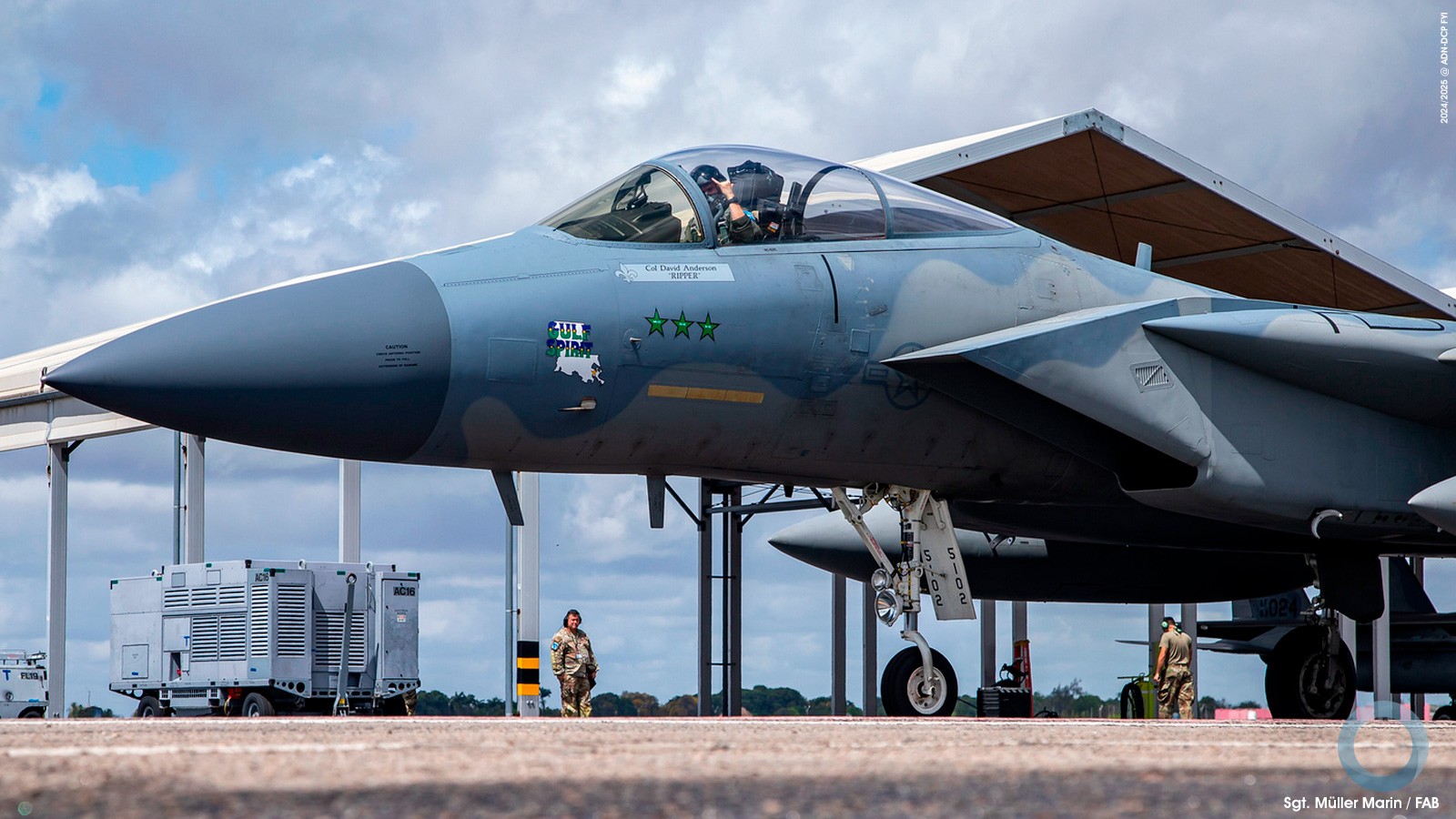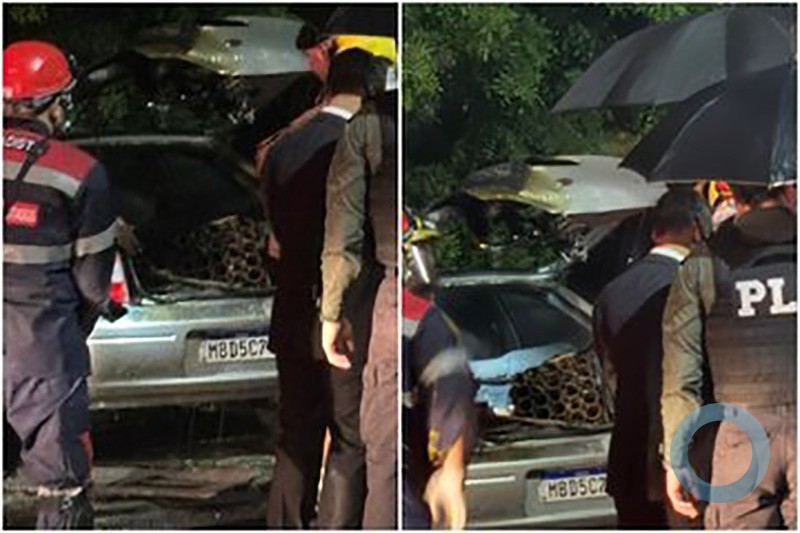Boeing engineers and designers have developed a self-cleaning lavatory prototype that uses ultraviolet (UV) light to kill 99.99 percent of germs. The cleaning system can disinfect all surfaces after every use in just three seconds. Boeing believes this self-cleaning technology, combined with touchless features, will enhance the passenger experience on commercial flights.
The lavatory uses Far UV light that would be activated only when the lavatory is unoccupied. Far UV is different from the UVA or UVB light in tanning beds, and is not harmful to people. Boeing engineers have shown through testing on their prototype that this innovation can minimize the growth and potential transmission of micro-organisms. Boeing has filed for a patent on this concept.
"We're trying to alleviate the anxiety we all face when using a restroom that gets a workout during a flight," said Jeanne Yu, Boeing Commercial Airplanes Director of Environmental Performance. "In the prototype, we position the lights throughout the lavatory so that it floods the touch surfaces like the toilet seat, sink and countertops with the UV light once a person exits the lavatory. This sanitizing even helps eliminate odors."
The cleaning system, which will require further study before it can be offered to airlines, would lift and close the toilet seat by itself so that all surfaces are exposed during the cleaning cycle. The design also incorporates a hands-free faucet, soap dispenser, trash flap, toilet lid and seat and a hand dryer. A hands-free door latch and a vacuum vent system for the floor are also under study, all to keep the lavatory as hygienic as possible between scheduled cleaning.
"Some of the touchless features are already in use on some Boeing airplanes today," said Yu. "But combining that with the new UV sanitizing will give passengers even more protection from germs and make for an even better flying experience."
Boeing's Clean Lavatory is a finalist for a Crystal Cabin Award that will be announced at the Hamburg Aircraft Interiors Expo on April 5.












